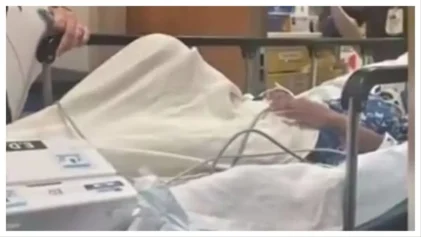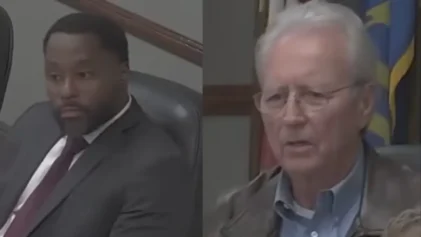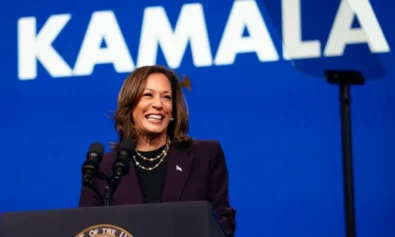As the world mourns the vicious massacres in Paris, one of Africa’s top religious leaders suggested that the lack of a similar outcry across the globe over the slaughter of up to 2,000 people by Boko Haram last week in northeast Nigeria is further evidence that Black lives don’t matter as much as whites’.
Ignatius Kaigama, the Catholic Archbishop of Jos and president of the Nigerian Bishops Conference, said the international community has expressed “solidarity,” but hasn’t done much to offer real help.
“We have always said that there should be concern expressed more concretely by the West beyond just expressing their solidarity,” Kaigama said. “They should do more than that. Compare what has happened in Paris and what is happening here. There is a great difference.”
According to Amnesty International, most of the people killed in Baga and the surrounding villages were women, children and the elderly, who were not able to flee in time. Reports say that the villages are overwhelmed with dead bodies lying as far as the eye could see. Amnesty International said it was the deadliest massacre Boko Haram has staged in the years of its murderous reign.
In addition to the dead, another 30,000 people are thought to have fled their homes, with about 7,500 seeking sanctuary in Chad and the rest adding to the tens of thousands of displaced people already scattered throughout that region of Nigeria.
On Twitter, Imad Mesdoua, a political analyst at consultants Africa Matters, said, “No breaking news cycle, no live reports, no international outrage, no hashtags,” while actress Mia Farrow and Stephanie Hancock of Human Rights Watch pointed out that there had been “no outrage or headlines” about the Nigerian slaughter.
Harry Leslie Smith, the 91-year-old who the Independent said electrified the Labour Party conference last year with a speech on the NHS, said on Twitter: “Note to the media and Western politicians that Paris isn’t burning but Nigeria is.”
On his Facebook page, Hollywood actor Boris Kodjoe congratulated the world leaders for taking part in the Paris march and asked “can somebody tell me why nobody is marching for those [Nigerian] victims? Any world leaders planning a trip to Lagos or Abuja this week? Too Busy? Bad flight connections?”
While there is a hope that Nigerian President Goodluck Jonathan will enhance the army after February’s election, many are fearful that Boko Haram, which considers democracy blasphemous, will disrupt the elections with violence.
Archbishop Kaigama said the West should recognize that Boko Haram is not just a Nigerian concern.
“I can smell a lot more trouble. It’s not going to be confined to this region. It’s going to expand. It will get to Europe and elsewhere,” he warned.
Muhammadu Buhari, the former military ruler of Nigeria and Jonathan’s challenger in next month’s presidential election, said more soldiers need to be deployed against Boko Haram.
“I have made this comment before and the federal government refused to react to it,” he said. “The number of soldiers, policemen and officers of the State Security Services they deploy during elections, if they had deployed them to Borno and Yobe states to fight Boko Haram, by now, Boko Haram would have been history.”


